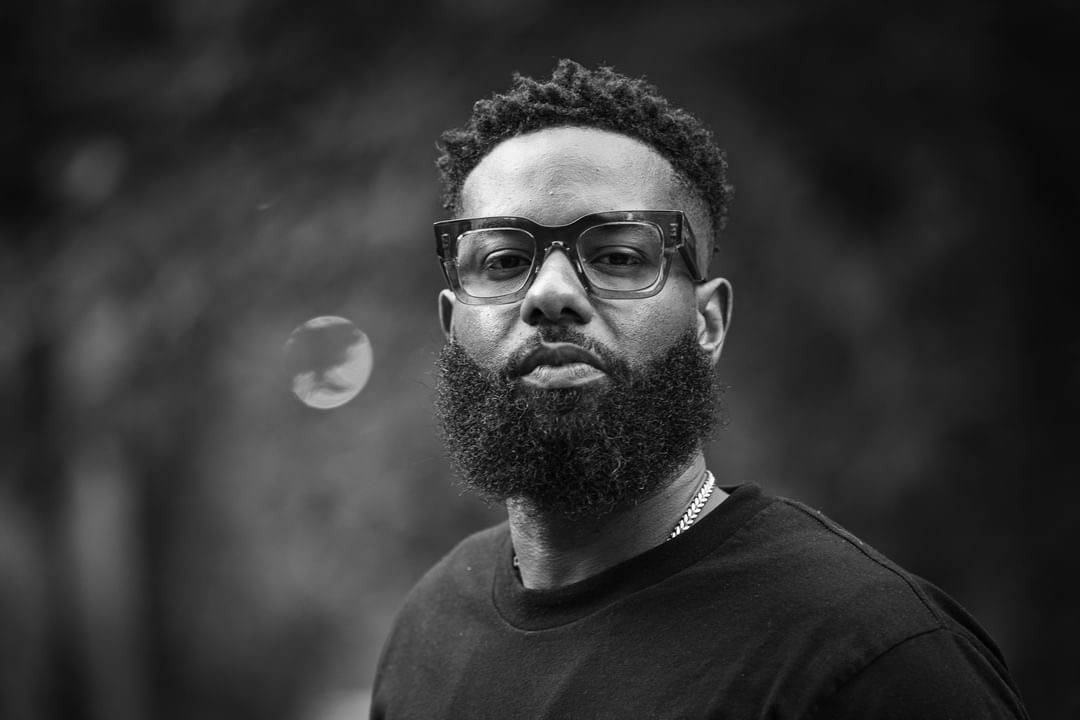Break the Cycle: Volunteers offer Black offenders the tools to heal and give back
February 7, 2025

CSC’s network of dedicated volunteers plays a vital role in supporting offenders’ rehabilitation and successful reintegration into society. In Quebec, Svens Télémaque and Amanda Maxwell have been leading this effort, helping do exactly that.
In May of 2023, Svens and Amanda helped launch the Break the Cycle initiative in partnership with the Union United Church. The initiative provides federally sentenced Black offenders an opportunity to give back to their communities while offering support services to help them rehabilitate and reintegrate.
Break the Cycle takes offenders from minimum-security institutions on escorted temporary absences (ETA) to volunteer at their church’s local food bank in the morning. Afterwards, the volunteers spend the afternoon with them doing a variety of healing work.
This could include different types of therapy, like trauma-informed therapy or occupational therapy, as well as other healing activities like painting or pottery.
“It ties in both. They're giving back to the community, they're serving their population, and then we also will encourage them to take part in the personal development workshops,” Amanda explains. “So it's kind of like a holistic approach.”
While the initiative is open to everyone, Svens says the focus is to offer culturally adapted rehabilitation solutions for Black offenders.

Svens Télémaque helps give Black offenders an initiative of their own.
Svens and Amanda both worked with Black offenders in the community before, but in speaking to the offenders, they would tell them they “needed to have something of our own,” Svens says.
The pair initially had the idea for Break the Cycle after crossing paths with several inmates through their church and community while the offenders were completing their correctional programming.
In speaking with the offenders, they found that a more structured and in-depth approach to healing could be beneficial.
After the successful launch, Svens and Amanda began thinking of ways to expand the initiative’s reach. One idea was to extend it to offenders in medium-security institutions. However, this required adapting the initiative to provide support inside the institution rather than what was offered in the community to offenders in minimum.
The pair then began volunteering with offenders in Drummond and Cowansville Institutions, focusing on Black offenders serving long-term sentences, including offenders serving a life sentence (referred to as “lifers”).
“We go there once a month and we kind of mirror the programming that we have in the community, and we bring it in the institution,” Svens says.

Amanda Maxwell says the Break the Cycle initiative is balancing it all and making it work.
“So again, from trauma to art, we try to find different ways to help them understand their triggers, help them cope.”
Amanda says that expanding their support to people in higher security classifications, often with longer sentences, is an essential part of their work.
“Oftentimes, a lot of lifers are isolated. They lose touch with family, community,” she explains. “So, I felt like that was a group of people that are kind of separated from a lot of others.”
The initiative also helps coordinate legal and mediation services, in addition to providing opportunities to give back. This means Svens and Amanda are always busy trying to help offenders heal and rehabilitate.
“It's like a balancing act,” Amanda says. "We're carrying so many plates at the same time and they're not falling. We're making it work."
This balancing act has not stopped them from looking ahead, though. Svens says he’s been thinking about how the initiative can grow and expand its reach and service in the years to come.
“How can we grow laterally and vertically, you know? How can we do both at the same time and just offer more support?” he says. “And also find a way to empower other people to do what we're doing right now.”
CSC is grateful for the many services and supports provided from volunteers, like Svens and Amanda, as well as organizations in the community. They greatly enrich the corrections and conditional release system with their perspectives, experience and expertise.

Bringing the initiative inside of institutions has helped Break the Cycle extend its support.